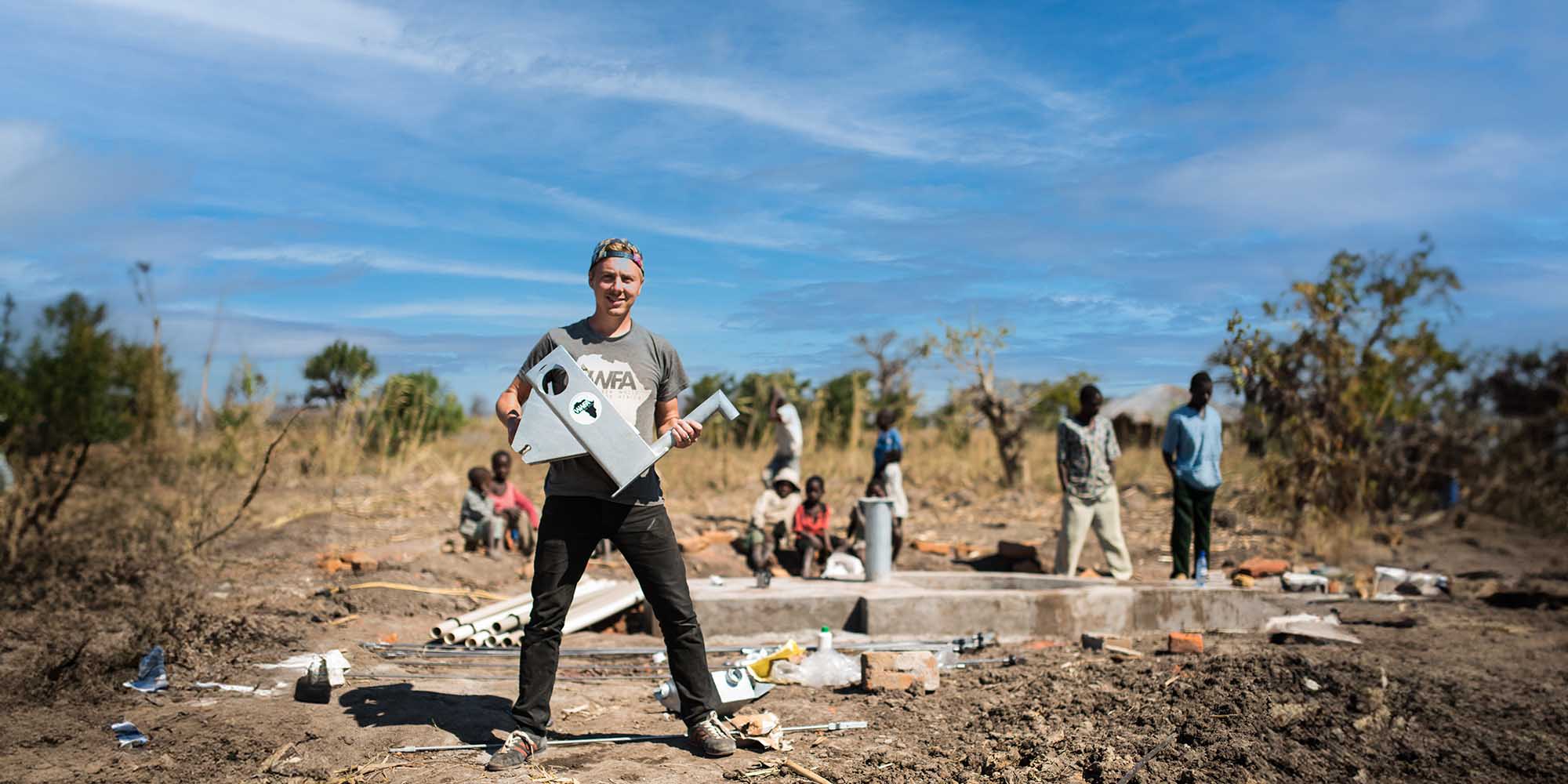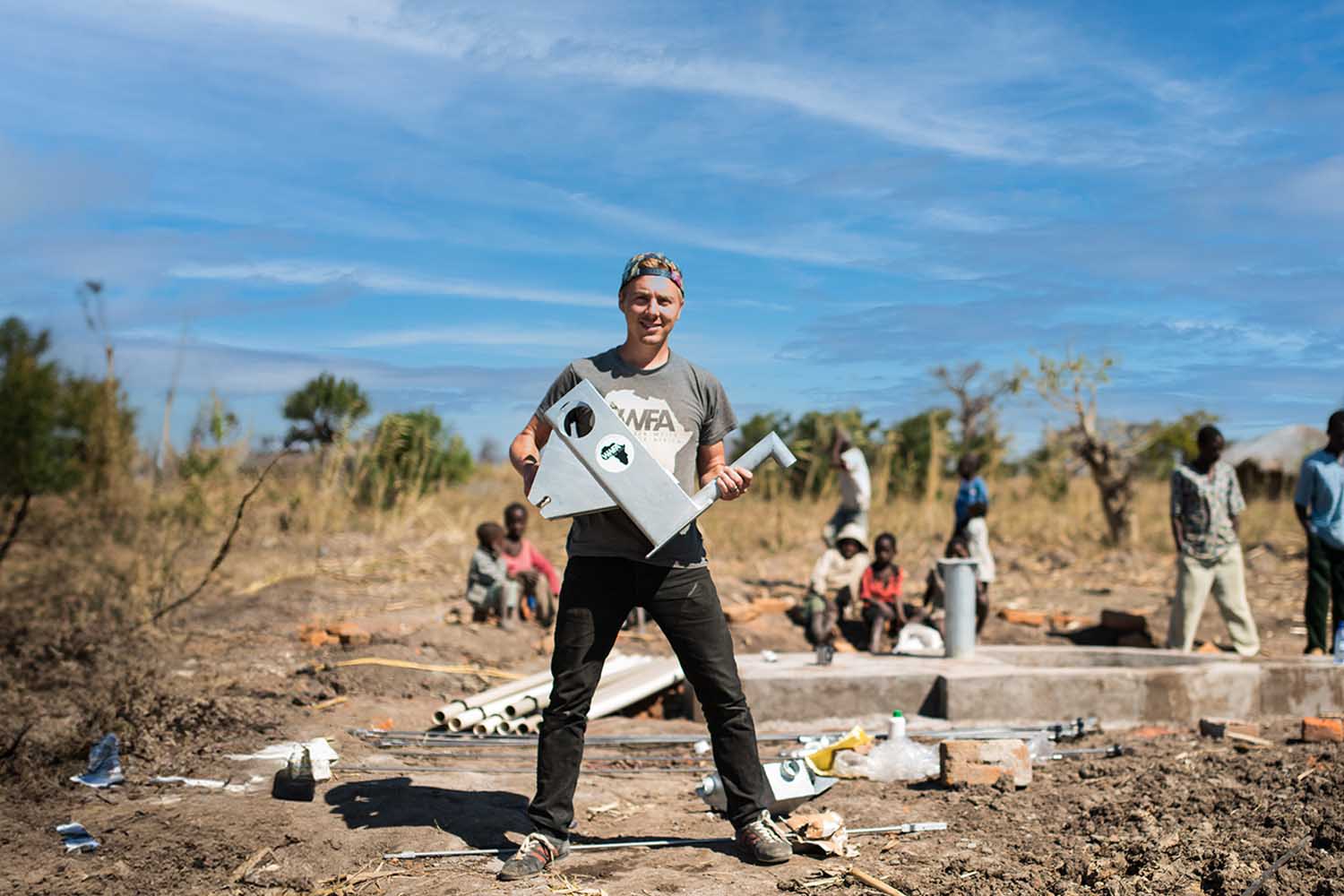The Value of Context
Rural and Remote
It happens that the communities of greatest need are located farthest from the benefits of urbanization, such as industry and health care. Therefore, we’re primarily concerned with providing these people in rural hard-to-reach areas with clean water wells first and impacting those of greatest need. In order to decide how to best help them, an immediate question must be raised: What kind of water technology implemented will have the greatest impact?
One might easily assume that more technology means more water. A solar-power pump can draw more water than a hand pump. More water, more impact, more good. There are great advantages brought by sophisticated technology. Some pumps can serve 30,000 people and others only 250 people. In the rural context in which WWFA specializes we have found through almost 30 years of experience that technology must match local capacity for maintenance in order for sustainability.
Three Considerations
Money. Often the villages we engage rely on agriculture and trade and simply do not have an abundance of cash currency. Expensive technologies are expensive to maintain. It would be impossible for them to maintain a pump that requires thousands of dollars in upkeep. How would they manage repairs of greater value than the sum wealth possessed by the community?
Maintenance. Advanced pump systems require specialists only found in cities. Due to this absence of professionals present in rural communities, advanced pumps would necessitate dependence on a third party for maintenance. The danger in this for rural communities can mean a lengthy wait before repairs are made.
Population. Sophisticated pump systems are best suited for areas where people are living in condensed quarters. The demand for water in 1 square kilometer in a town can be 10x greater than 1 square kilometer in a rural area. A water delivery system able to satisfy 30,000 people would be an overkill for a village of 1,500 people.
A Solution
WWFA has learned that by utilizing technology requiring less monetary upkeep and simple mechanics suitable for the target population’s needs, the water well can last for generations.. Our technology of choice is the trusted Afridev hand-pump. There is an established supply chain of spare parts available in-country. It is another key component to sustainability.
Find out the cost of implementing a WWFA water well!






